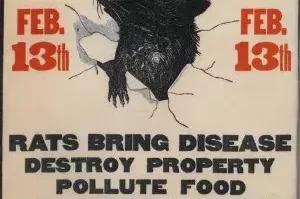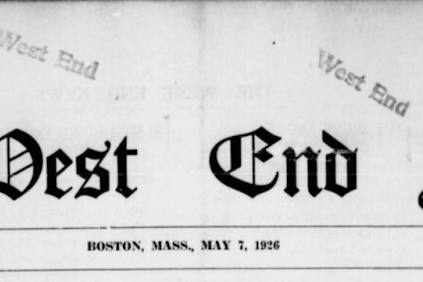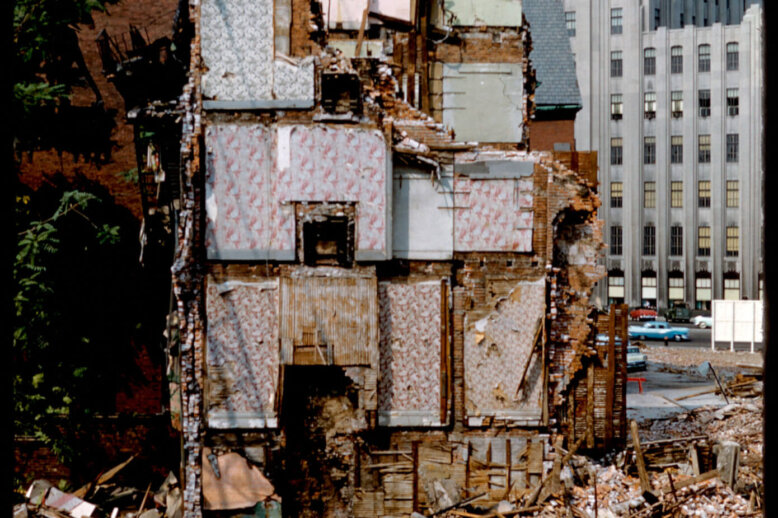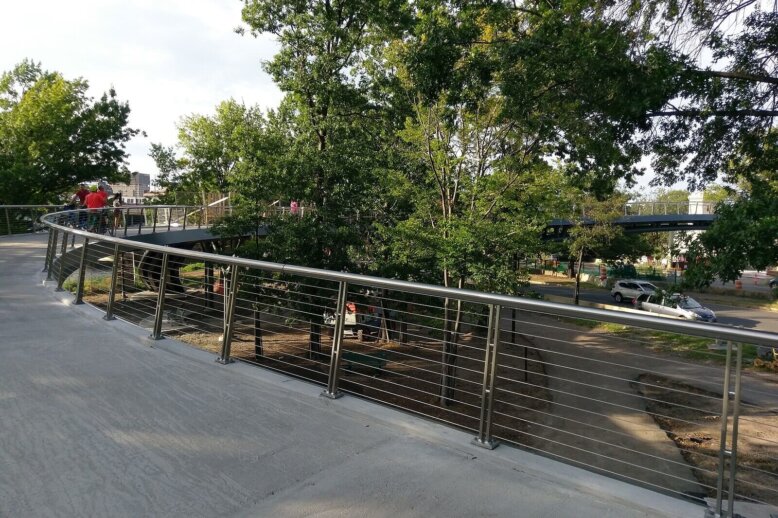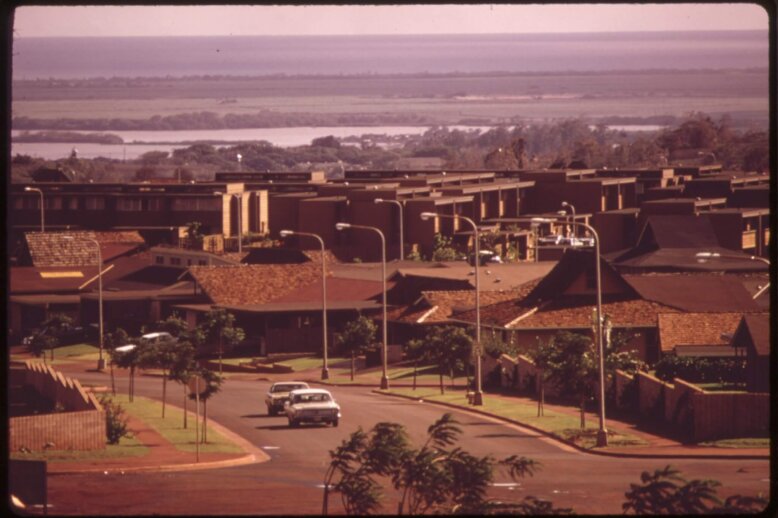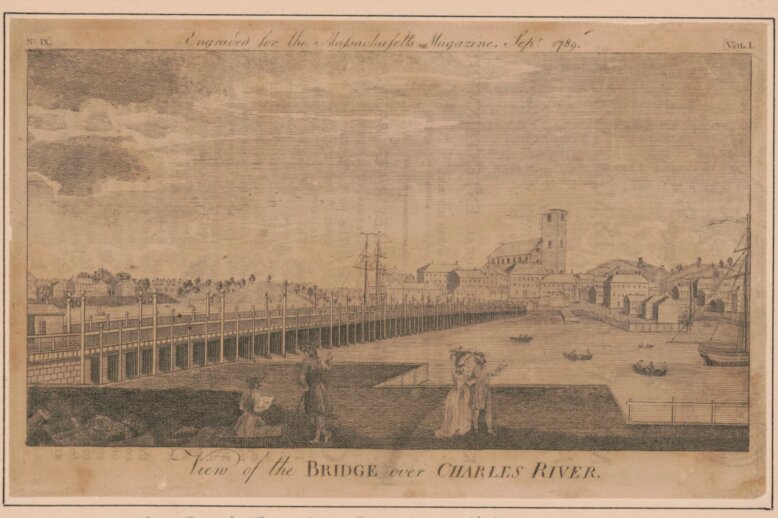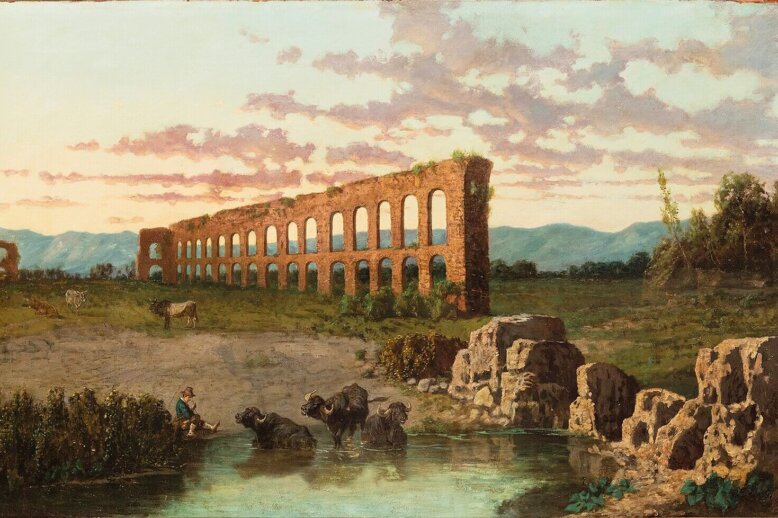Topic
Organizational category for historical articles
Boston’s Rat Day of 1917: When the West End Joined a Citywide Rodent War On February 13, 1917, Boston witnessed one of the most unusual civic experiments in its history. The Boston Women’s Municipal League declared war on the city’s rodent population, organizing the first—and as it turned out, only—Rat Day. While this peculiar event…
The West End News: Headlines in the Summer of 1926One Summer in the West End, Part Two Over the course of four months in the summer of 1926, Lou Coffee and Francis R. Whelton published a newspaper by West Enders for West Enders. These papers gave a glimpse into the diverse immigrant neighborhood facing the…
The West End News: The Editor and the PublisherOne Summer in the West End, Part One Over the course of four months in the summer of 1926, Lou Coffee and Francis R. Whelton published a newspaper by West Enders for West Enders. These papers offer a glimpse into a diverse immigrant neighborhood facing the introduction…
Edmund L. Mitchell: Photographer of a Changing Boston With over 5,700 photographs, the Edmund L. Mitchell Collection, now housed at the Boston Public Library, offers a snapshot of Boston and the West End in a period of transition. As an amateur photographer, Mitchell nonetheless captured the city as it became something new. Edmund Lombard Mitchell…
Frances Appleton and Henry Wadsworth Longfellow: A Romance Spanning the West Boston Bridge Two modern day bridges, the Longfellow Bridge and the Frances Appleton Footbridge reflect the love story of one of America’s great poets. The journey to Longfellow and Appleton’s happy marriage is tied to Longfellow’s many trips across the West Boston bridge in…
Eminent domain is the right of the state to seize the private property of an individual for a public purpose with just compensation. The third and final article in this series explores the Supreme Court decisions that influenced eminent domain policy from the mid twentieth-century to the present.
Eminent Domain Part 2: Use in Early America Eminent domain is the right of the state to seize the private property of an individual for a public purpose with just compensation. This is the second article in a series of three. This article will discuss the use of eminent domain in the early decades of…
Eminent Domain Part 1: Origins Eminent domain is the right of the state to seize the private property of an individual for a public purpose with just compensation. This article will trace the origins of the concept from Ancient Roman law to its use in Early Modern states. The formal concept of eminent domain is…


